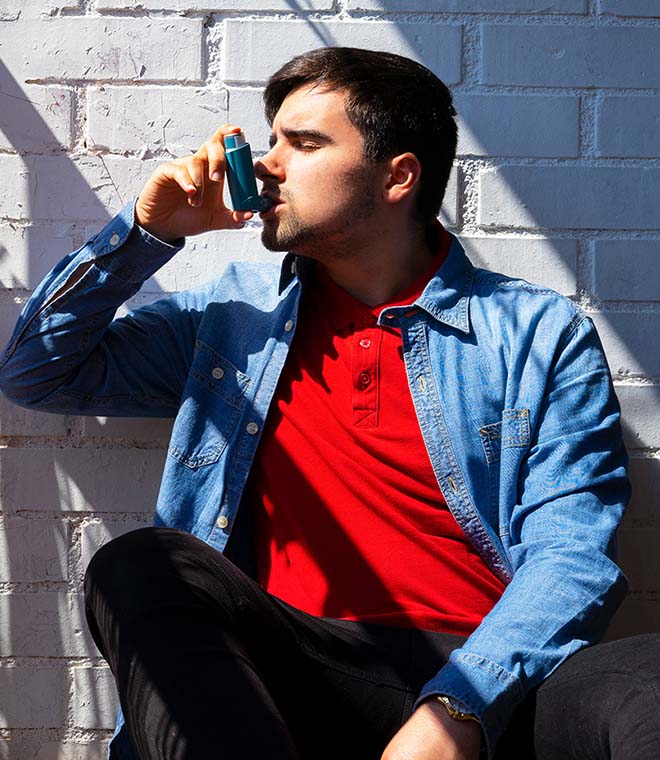Health
Humidifiers for cold and flu
Clinically reviewed by Jenilee Matz, MPH Jul 11, 2022 • 2 min
Air that is low in humidity can affect the body, possibly causing dry sinuses, lips and throat.
If you have a respiratory infection, such as a cold or the flu, adding moisture to the air may help ease some symptoms. While it may not be possible to control humidity levels outdoors, using a humidifier indoors can help to remove dry air that can irritate the airways in your nose and throat.
What are humidifiers?
Humidifiers are devices that take water and turn it into a mist. Humidifiers then release the mist into the air.
What does a humidifier do?
Humidifiers add moisture to the air to increase humidity levels. Humidity is the amount of water vapor in the air.
What do humidifiers help with?
Humidifiers increase humidity in the air. Low humidity levels can dry out your skin, nasal passages and throat, and may make your eyes itchy. Using a humidifier can help relieve nasal congestion caused by colds and the flu. Humidifiers may also help loosen mucus and relieve chest congestion, making it easier to breathe.
Do humidifiers help with a cough?
Using a humidifier may help relieve a cough that's caused by a respiratory infection. Humidifiers can also help loosen mucus to make coughing more productive.
Where to put a humidifier
Humidifiers can be placed in any room of a home where people commonly spend time. Humidifiers can be particularly beneficial when placed in bedrooms since they may help relieve symptoms at night, which could possibly allow for a better night's sleep.
When to use a humidifier
Humidifiers can be used year-round but are most beneficial when humidity levels are low. In general, humidity is higher during the summer and lower during the winter months.
Cold mist vs. warm mist
Both cool mist and warm mist humidifiers are available. A warm mist humidifier uses a heating element to boil water and create a warm mist that is released into the air. A cool mist humidifier creates moisture without the need for heat or warming the water.
Both types of humidifiers are equally effective at adding moisture to the air and increasing humidity levels. Note that when the mist reaches your lower airways, it's the same temperature regardless if you use a cool mist or warm mist humidifier.
The American Academy of Pediatrics (AAP) recommends the use of cool mist humidifiers with babies and kids. Warm mist humidifiers have the potential to cause burns if a child gets too close or accidentally knocks it over.
No matter what type of humidifier you choose, it's very important to maintain it properly in accordance with the instructions that come with the model. Be sure to change the water and clean the entire unit well each day. Humidifiers that aren't cleaned regularly can harbor harmful bacteria and mold, which can make you sick. If you have allergies or asthma, talk to your healthcare provider before using a humidifier.
Published June 2022.
Sources:
1. https://www.cdc.gov/flu/symptoms/coldflu.htm
2. https://www.mayoclinic.org/diseases-conditions/common-cold/expert-answers/cool-mist-humidifiers/faq-20058199
3. https://www.healthychildren.org/English/safety-prevention/at-home/medication-safety/Pages/How-to-Manage-Colds-and-Flu.aspx
4. https://medlineplus.gov/ency/article/002104.htm
5. https://www.mayoclinic.org/diseases-conditions/common-cold/in-depth/humidifiers/art-20048021



